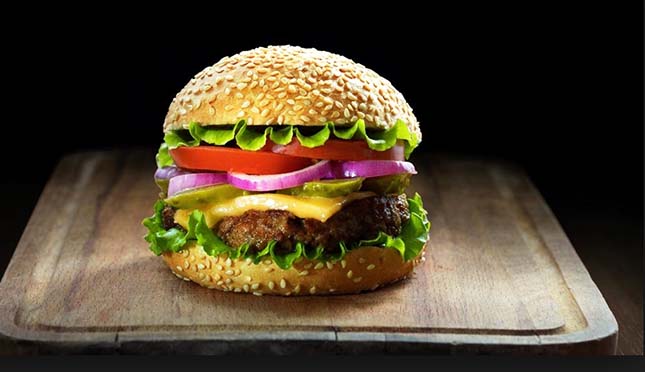Impossible Foods has announced a $300 million funding round. This is the fifth equity funding round since Impossible Foods was launched in 2011 is intended to accelerate the company’s rapid scaleup — including accelerated hiring and capacity expansion at the company’s plant in Oakland, Calif.
In total, the food-tech startup has raised more than $750 million.
In addition to big time institutional investors, the Series E round includes individual investors, notably: Jay Brown, Kirk Cousins, Paul George, JAY-Z, Trevor Noah, Alexis Ohanian, Kal Penn, Katy Perry, Questlove, Ruby Rose, Phil Rosenthal, Jaden Smith, Serena Williams, will.i.am and Zedd.
“We have cracked the molecular code for meat and built an industry-leading intellectual property portfolio and brand,” said David Lee, Chief Financial Officer for Impossible Foods. “Our global financial partners are supporting a technology powerhouse that will transform the global food system.”

Scorching demand
The latest funding round comes amid unprecedented demand for the company’s flagship product, the plant-based Impossible Burger, which debuted at some of America’s best restaurants in 2016.
At the International Consumer Electronics Show in January 2019, Impossible Foods launched the award-winning and “shockingly good” Impossible Burger 2.0 — the company’s first significant product upgrade. The Impossible Burger, the first food ever featured at CES’ roster of game-changing technologies, won the show’s top prizes.
Since January, Impossible Foods has recorded strong growth in every sales category in which it does business — independent restaurants, large restaurant chains such as White Castle and Qdoba, and non-commercial outlets such as theme parks, museums, stadiums, and college campuses. The Impossible Burger is now sold in more than 7,000 restaurants on two continents. In many restaurants, it is a top-selling item and a key driver of new foot traffic.
America’s largest “better burger” franchise, Red Robin, launched the Impossible Burger last month at nearly 500 restaurants nationwide. Also in April, the world’s second largest burger chain, Burger King, debuted the Impossible Whopper in a regional test in St. Louis and reports note that the Miami-based restaurant chain intends to bring the Impossible Whopper to all 7,200 U.S. restaurants at the end of 2019.
In addition to an increasing number of restaurants that sell the Impossible Burger, chefs are expanding the number of items made from the versatile plant-based meat, with average per-store volume increasing.
Since launching in Singapore in March 2019, sales have increased in Asia more than three-fold. Impossible is sold in a wide range of restaurants and cuisines throughout Hong Kong, Singapore, and Macau.
Impossible Foods plans to launch the Impossible Burger in retail outlets later this year.
Designed to disrupt, built to scale
Founded in 2011 by Stanford biochemistry professor and former pediatrician Dr. Patrick O. Brown, Impossible Foods makes meat from plants — with a much smaller environmental footprint than meat from animals. The company uses modern science and technology to create wholesome food, restore natural ecosystems, and feed a growing population sustainably























































